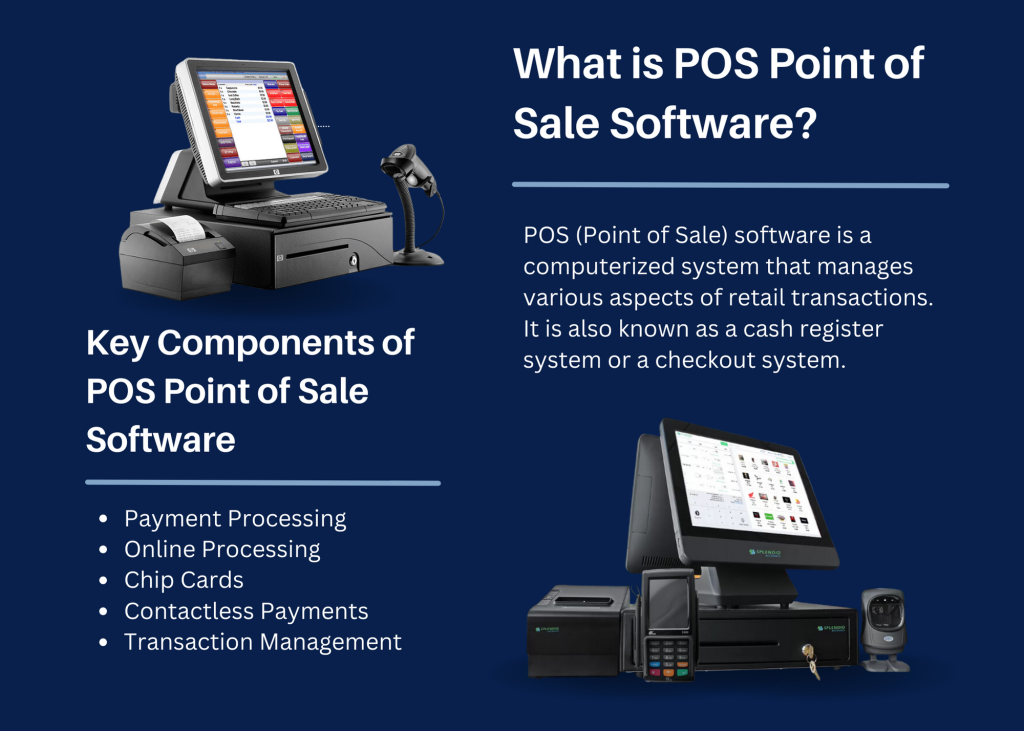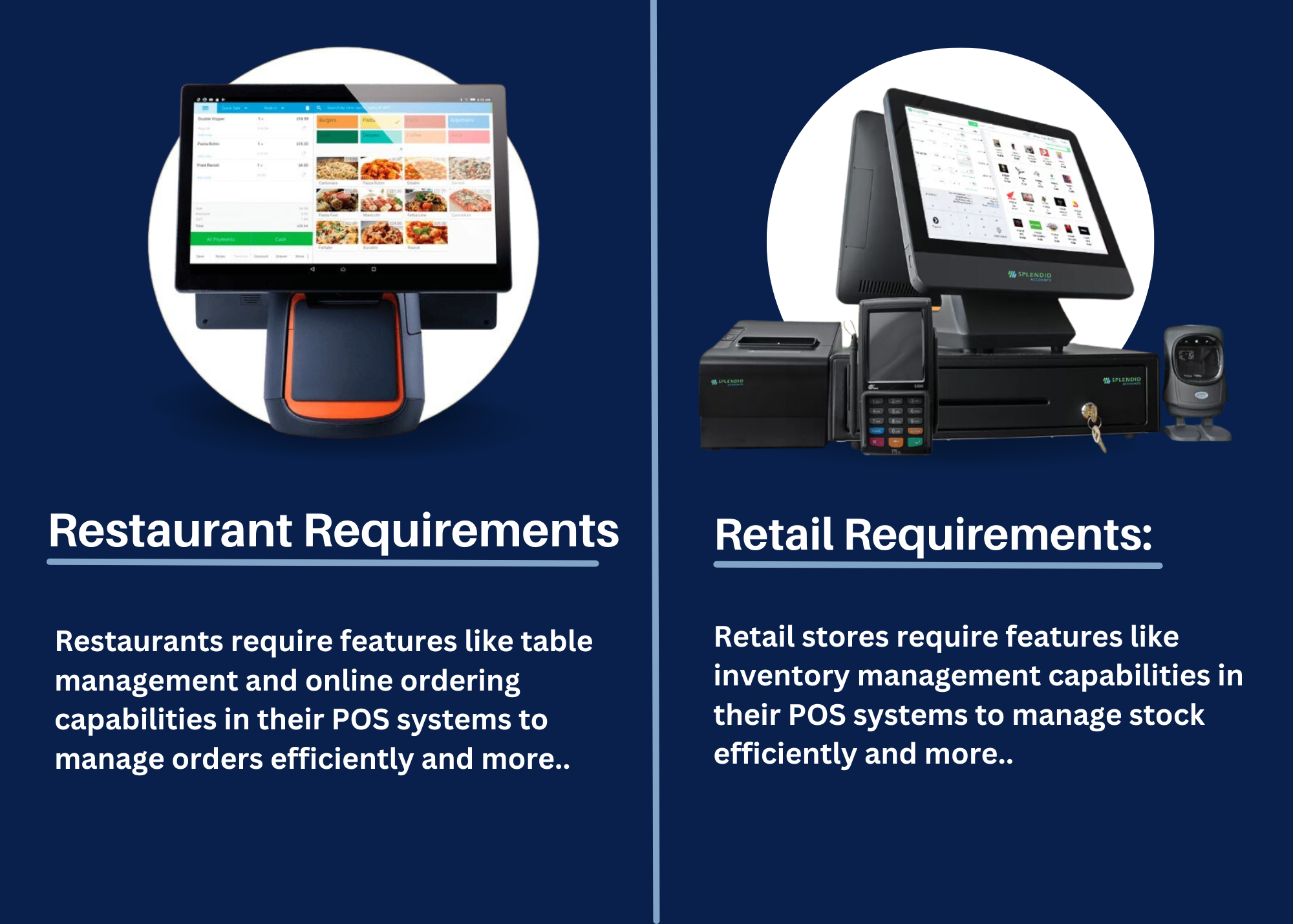Understanding POS Software: The Basics
POS (Point of Sale) software is a critical component of any modern business. It is a computerized system that manages various aspects of retail transactions, including payment processing, inventory management, customer relationship management, and employee management. In this guide, we will discuss everything you need to know about POS point of sale software.

What is POS Point of Sale Software?
POS (Point of Sale) software is a computerized system that manages various aspects of retail transactions. It is also known as a cash register system or a checkout system. POS software allows businesses to process payments, manage inventory, track customer relationships, and manage employee activities. It is an essential component of any modern business as it streamlines operations, reduces costs, and improves overall efficiency.
Key Components of POS Point of Sale Software:
a) Payment Processing: Payment processing is the most critical component of any POS system. It allows businesses to process payments securely and efficiently. POS systems support various payment methods, including magstripe cards, chip cards (EMV), and online payments through websites or mobile apps.
b) Chip Cards: Chip cards (EMV) are becoming increasingly popular due to their enhanced security features. POS systems should support EMV chip card transactions to prevent scams for both customers and businesses.
c) Contactless Payments: Contactless payments are gaining popularity. POS systems offer contactless payment options like Google Pay, CRED, Apple Pay and many more. This feature helps businesses keep up with changing customer preferences and improves user experience.
d) Transaction Management: POS systems allow businesses to manage transactions efficiently by providing features like order tracking, receipts, and transaction history. This capability enables businesses to manage refunds or returns, maintain correct records, and deliver first-rate customer support.
Benefits of Implementing a POS System for Businesses
a) Efficiency Gains: POS systems streamline inventory management, orders, purchasing, and other business activities, reducing overall workload and increasing ROI (Return on Investment). They also save time by automating various functions and reducing manual report creation, allowing businesses to focus on other important tasks.
b) Cost-Reduction: POS systems can cut down operational costs by automating various functions and allowing businesses to redistribute resources in other areas. They also offer technical and technological support that is essential for keeping the software functioning at peak performance.
c) Time-Saving: POS software saves time by automating various functions, reducing manual report creation, and allowing businesses to focus on other important tasks. They also offer features like order tracking, receipts, and transaction history that are useful for transaction administration.
d) Enhanced Security: POS systems offer technical and technological support that is essential for keeping the software functioning at peak performance.
e) Better Sales Strategies: POS systems offer advanced reports, marketing tools, and cross-channel returns management capabilities that help businesses successfully sell their goods and services, interact with their target market, and meet their marketing objectives. They also allow businesses to render more personalized services to customers by storing customer data and purchase history. This data is beneficial for advertising and provides insights into the needs and requirements of the customers.
f) Multichannel Sales: POS systems offer a centralized system to manage and streamline in-store, online, social, and multi-locational activities in one place. This cutting-edge strategy integrates several sales channels into a seamless system, providing numerous advantages for companies of all sizes.
Industry-Specific Features of POS Point of Sale Software

Restaurant Requirements
Restaurants require features like table management and online ordering capabilities in their POS systems to manage orders efficiently. They also need features like kitchen display screens to manage orders in the kitchen area efficiently. Some restaurants may also require features like loyalty programs for repeat customers or gift card redemption capabilities for promotional purposes.
Retail Requirements
Retail stores require features like inventory management capabilities in their POS systems to manage stock efficiently. They also need features like barcode scanning capabilities for faster checkout times during peak hours or loyalty program capabilities for repeat customers or gift card redemption capabilities for promotional purposes. Some retail stores may also require features like multi-location management capabilities if they have multiple locations across different cities or states or employee management capabilities if they have a large workforce across different locations or departments within the same location or store chain management capabilities.
